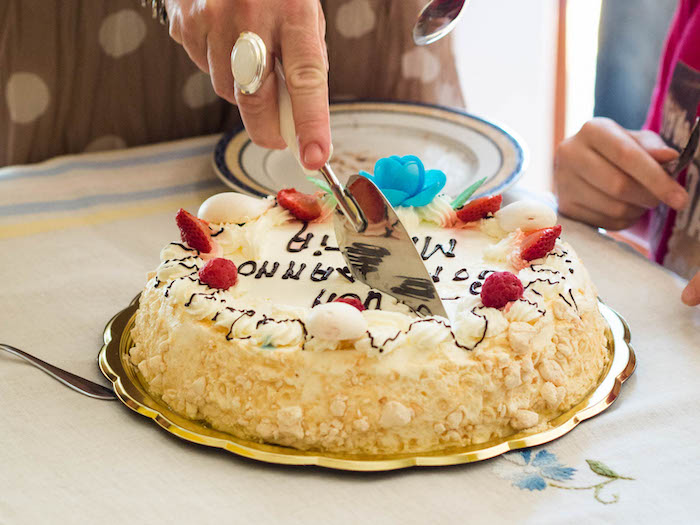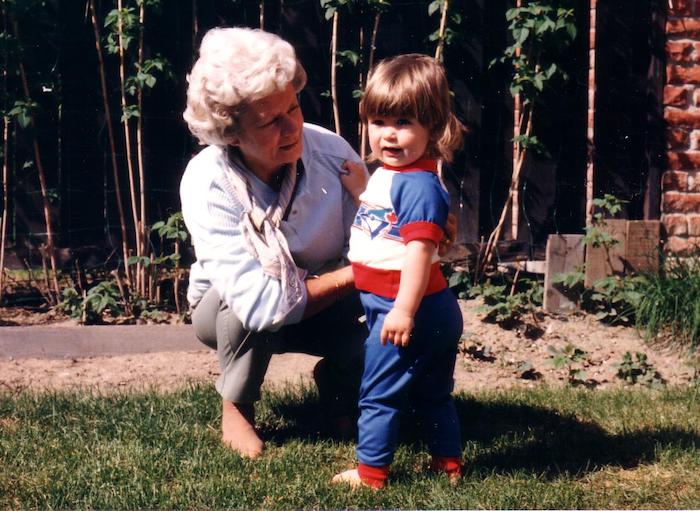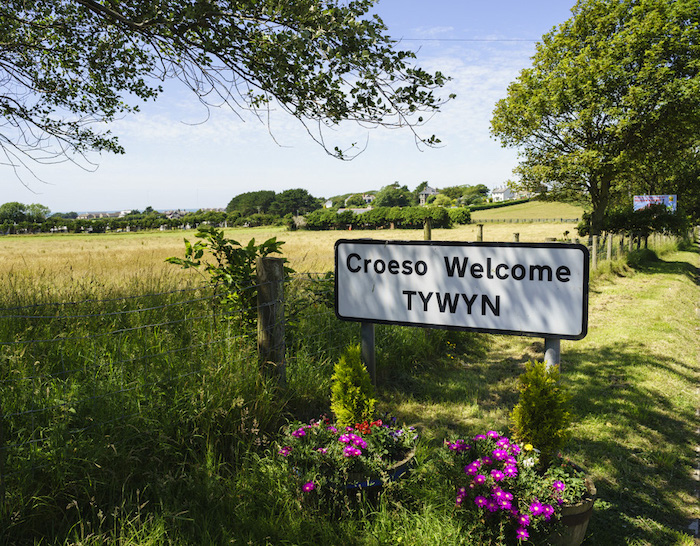
llongyfarchiadau
congratulations
The Welsh word for congratulations is … a long one! 😉
I remember it took me ages to learn how to pronounce this word without getting my tongue tied, so don’t worry if it takes you a while for you to master it as well. Let’s break it down into small bite-sized syllables, shall we?









